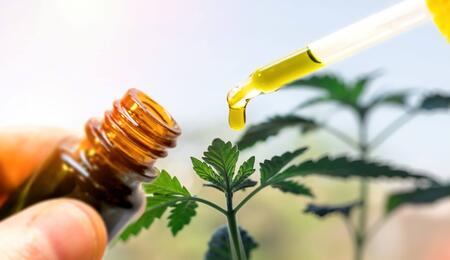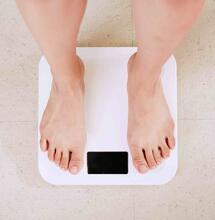Aussies Can Now Buy Over-the-Counter CBD Oil

Australia becomes the latest name on the list of countries to have eased restrictions on cannabis medicine availability.
Beginning February, pharmacies across the Land Down Under can sell over-the-counter low-dose CBD oil to Aussies in need - notably, without special approval or prescription from a doctor. The decision by the country’s Therapeutic Goods Administration (TGA) comes as a part of medicinal marijuana therapy, with Cannabis Doctors Australia asserting clinical research on the use of low-dose CBD oil alleviates anxiety, insomnia, PTSD and chronic pain. “The decision will allow TGA approved low-dose CBD containing products, up to a maximum of 150 mg/day, for use in adults, to be supplied over-the-counter by a pharmacist, without a prescription,” reads the official notice, which has been revealed in December 2020 and citing 1 February 2021 as the appropriate implementation date of the decision.
Under the decision, CBD oil suppliers must meet strict regulatory guidelines, so nationwide availability may still be months away. “The decision limits over-the-counter supply to only those products that are approved by the TGA and included on the Australian Register of Therapeutic Goods (ARTG). The decision also outlines additional limits on [the] dosage form and packaging requirements, including pack size and child-resistant closures,” it says. Authorities have pointed out the legal oil is non-psychotropic and will not give users a ‘high.’ CBD is a naturally occurring substance extracted from the marijuana plant. Contrary to THC, it does not stimulate cerebral high. While adults can now supply a maximum dose of 150 mg over-the-counter without a doctor’s prescription, the TGA has warned in its approval that pregnant women should not use it.
Before starting a new medical treatment, people should consult their physician. Medical cannabis expert Ben Jansen welcomed the easier availability of cannabidiol, which, he told The West Australian, has a range of applications. “It provides a reduction of pain symptoms of anxiety, improves overall wellbeing, fending off other side effects like anti-inflammatory drugs or paracetamol,” he said. The oil would typically be taken orally with food, and it takes a couple of days before taking effect.
When was medical cannabis legalised in Australia?
Aussies have traditionally been subjected to stringent punitive measures on the use and possession of marijuana. Over the last decades, views on the plant’s usage have seen a significant favourable shift, claiming that strict measures do more damage than they do good.
In turn, the changing views have fueled politicians to take a supportive stance on the use of cannabis, so finally, on 29 February 2016, following royal assent, the Narcotic Drugs Amendment Act 2016 legalised the plant at the federal level, for medical cultivation, production and distribution. The next year, another major step represented the 2017 Food Standards Australia New Zealand (FSANZ), which legalised low THC hemp food use. On 25 September 2018, the Australia Capital Territory, with the capital Canberra, passed a bill allowing for possession and growth of small amounts of cannabis for personal use as of 31 January 2020.
However, this law has conflicted with federal law, which still prohibits recreational use, and the supply of cannabis and cannabis seeds is not permitted under the changes. As perception has evolved, so has the number of Australian citizens who support full legalisation. In 2016, 74% of Australians aged 14 years and over said that cannabis possession should not be treated as a criminal offence. Australia has also witnessed a big spike in online marijuana merchandise sales in recent years. While bongs, pipes and vaporisers represent the most purchased items from online vendors, it attests to another Aussie preference - that using these high-quality methods of inhaling marijuana smoke are favoured over the classic king-size rolling paper joint.
Meanwhile, medical cannabis availability in Britain has suffered.
Brexit has effectively halted the regular supply of medicinal cannabis, and news stories from the BBC and the Guardian have already reported on the devastating impact this could have, especially on younger patients who suffer from rare forms of epilepsy and who rely on cannabis medicine imports from the Netherlands. The UK Department of Health confirmed in January the drug Bedrocan was no longer available in the U.K., the BBC reported.
The UK Department of Health and Social Care wrote to pharmacy suppliers on 15 December asking them to take "immediate action to work with prescribers and clinics to ensure supply against current prescriptions and identify alternative products that may be suitable for their patients." Northern Ireland's Department of Health has said it has written to health trusts to "highlight this issue and to request that arrangement are put in place to review treatment for affected patients."



